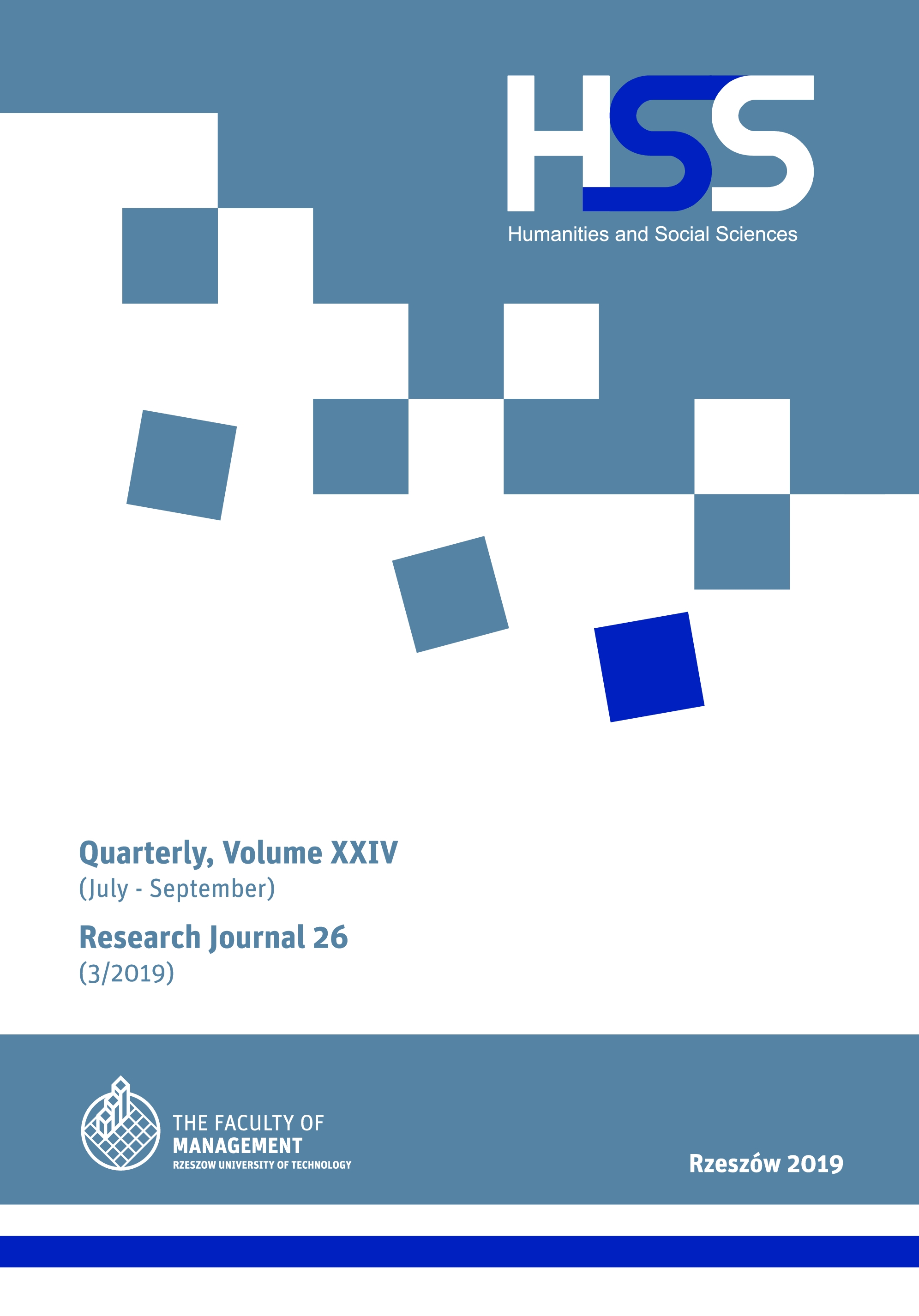Abstrakt
The phenomenon of currency exchange first came into being approximately 2500 years ago. The Greeks are known to be the pioneers in currency exchange. General references to this kind of operations can also be traced to the Jesus Christ era and found in the Bible. Over centuries the demand for exchanging currency increased together with the growing number of countries issuing their own currencies. This clearly led to the development of an independent financial market segment and isolation of intermediaries dealing with this kind of services. Technical advances related to the launch of new distribution channels for Internet-based financial services did not circumvent the currency exchange market. In this field new alternative forms of foreign exchange offices were introduced at the beginning of 21th century which provided currency exchange referred to as online foreign exchange (online foreign exchange platforms).
The article delivers main outcomes of conducted survey which attempted to specify customer preferences with regard to their online foreign exchange activities. The first part of the article introduces the reasons why customers decide to undertake foreign exchange operations via Internet. It elaborates on the determinants influencing customers’ choice of online exchange platforms as location of foreign currency exchange. The following part of the article elaborates on convertible currency types and exchange operations’ frequency with regard to online foreign exchange platforms. Finally, customers’ trust and its level is evaluated in the field of foreign currency exchange platforms.
Bibliografia
https://www.countries-ofthe-world.com/world-currencies.html [Access: 20.05.2018].
https://ergokantor.pl/i-ogolnopolskie-badanie-rynku-walut-2017---raport.html [Access: 20.05.2018].
Raport Kantory online 2015 [Access: 20.05.2018]. Access on the Internet: https://interaktywnie.com/download/108-raport-kantory-online-2015.
Raport Kantory online 2016 [Access: 20.05.2018]. Access on the Internet: https://m.interaktywnie.com/.../137-raport-interaktywnie-com-kantory-online-2016.
Polacy wymieniają waluty w Internecie. Raport – trendy w wymianie walut pierwsze półrocze 2017 r. [Access: 20.05.2018]. Access on the Internet: https://fintek.pl/wp-content/uploads/2017/08/POLACY-WYMIENIAJ%C4%84-WALUTY-W-INTERNECIE.pdf.
Raport OPINEO Kantory internetowe w opinii klientów 2015 [Access: 20.05.2018]. Access on the Internet: https://static.opineo.pl/press/dl/raport-opineo-kantory-internetowe-w-opinii-klientow.pdf.
Sołtysiak, M. (2018). Klienci na rynku wymiany walut w świetle badań empirycznych. „Zeszyty Naukowe PWSZ w Płocku Nauki Ekonomiczne”, t. 28.
—— (2019). Empiryczna analiza zachowań młodego pokolenia klientów na rynku usług wymiany walut. „OPTIMUM. ECONOMIC STUDIES” nr 3 (97).
Triennial Central Bank Survey. Foreign exchange turnover in April 2016. Monetary and Economic Department Bank for International Settlements 2016.
The Act of 27 July 2002 on the Foreign Exchange Law (Journal of Laws of 2002, No. 141, item 1178).
The Act of 2 July 2004 on freedom of economic activity (Journal of Laws 2004, No. 173, item 1807).
The Act of 19 August 2011 on payment services (Journal of Laws of 2011, No. 199, item 1175).
Wymiana walut i płatności online, czyli co oferuje i co ma jeszcze do zaoferowania Polski sektor Fin-Tech. [Access: 20.05.2018]. Access on the Internet: http://irradar.com/images/BRIEFING.pdf.
Wystąpienie pokontrolne Prezesa NIK Krzysztofa Kwiatkowskiego – P/16/007 – Ochrona praw nieprofesjonalnych uczestników rynku walutowego.


